Kim Dotcom vows to again rise from the ashes with a new online storage site, this one free and open source, built on donations, and nonprofit. Funny thing is, most of us didn’t know he needed to again play Phoenix.
Back in the early days of the 21st century, Dotcom seemed to have overcome his checkered past and to have developed the Midas touch with the popular online storage site Megaupload. Like Midas, however, he was to discover that gold is an overrated commodity, the ownership of which often creates as many problems as it solves. For one thing, you can’t eat it. For another, lots of people want to take it from you.
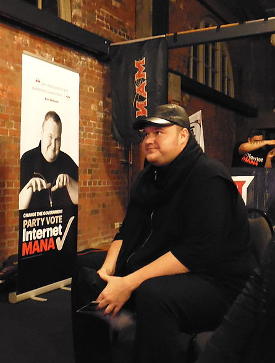
Christine Hall has been a journalist since 1971. In 2001, she began writing a weekly consumer computer column and started covering Linux and FOSS in 2002 after making the switch to GNU/Linux. Follow her on Twitter: @BrideOfLinux


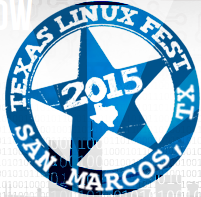


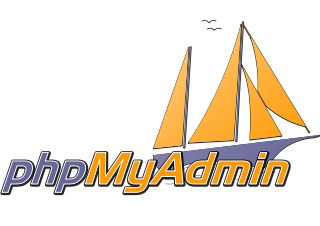
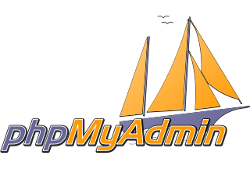 A popular web based application for administering MySQL databases, phpMyAdmin is the preferred tool of many webmasters for working with MySQL when used to power websites and is installed by default with most web hosting packages. The app can be used to perform a variety of tasks, including creating, modifying or deleting databases, tables, fields or rows; executing SQL statements; and managing users and permissions.
A popular web based application for administering MySQL databases, phpMyAdmin is the preferred tool of many webmasters for working with MySQL when used to power websites and is installed by default with most web hosting packages. The app can be used to perform a variety of tasks, including creating, modifying or deleting databases, tables, fields or rows; executing SQL statements; and managing users and permissions. OSCON wraps up, as it always does, with its closing remarks, a short talk — this year by Simon Wardley on “Situation normal, everything must change” — and the annually awaited O’Reilly Open Source Awards, which had five winners this year.
OSCON wraps up, as it always does, with its closing remarks, a short talk — this year by Simon Wardley on “Situation normal, everything must change” — and the annually awaited O’Reilly Open Source Awards, which had five winners this year. 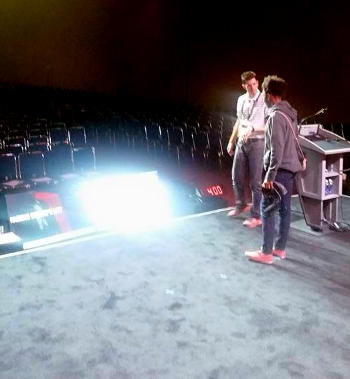
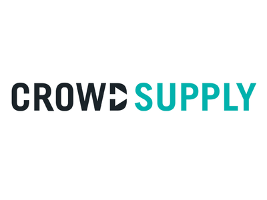
 While Larry’s been keeping an eye on things at the self-proclaimed most-important-open-source-conference-in-the-multiverse, I’ve been keeping an eye on the happenings in the FOSS world elsewhere. In the process, I’ve managed to make Larry part of this Week in Review.
While Larry’s been keeping an eye on things at the self-proclaimed most-important-open-source-conference-in-the-multiverse, I’ve been keeping an eye on the happenings in the FOSS world elsewhere. In the process, I’ve managed to make Larry part of this Week in Review.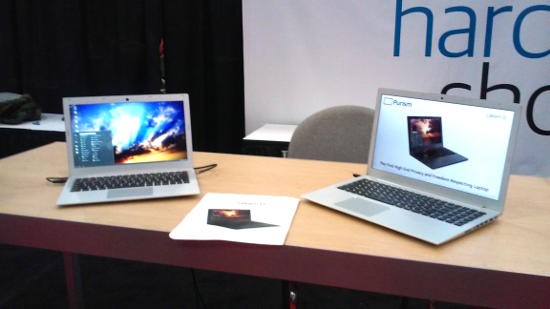
 “We developed Purism so that users can have access to the highest quality computers without compromising these beliefs,” the Purism website states. “The founder of Purism developed the Philosophical Contract, that we all abide by, which was adopted from the Free Software Foundation, and expanded to include hardware manufacturing as it relates to software.”
“We developed Purism so that users can have access to the highest quality computers without compromising these beliefs,” the Purism website states. “The founder of Purism developed the Philosophical Contract, that we all abide by, which was adopted from the Free Software Foundation, and expanded to include hardware manufacturing as it relates to software.”